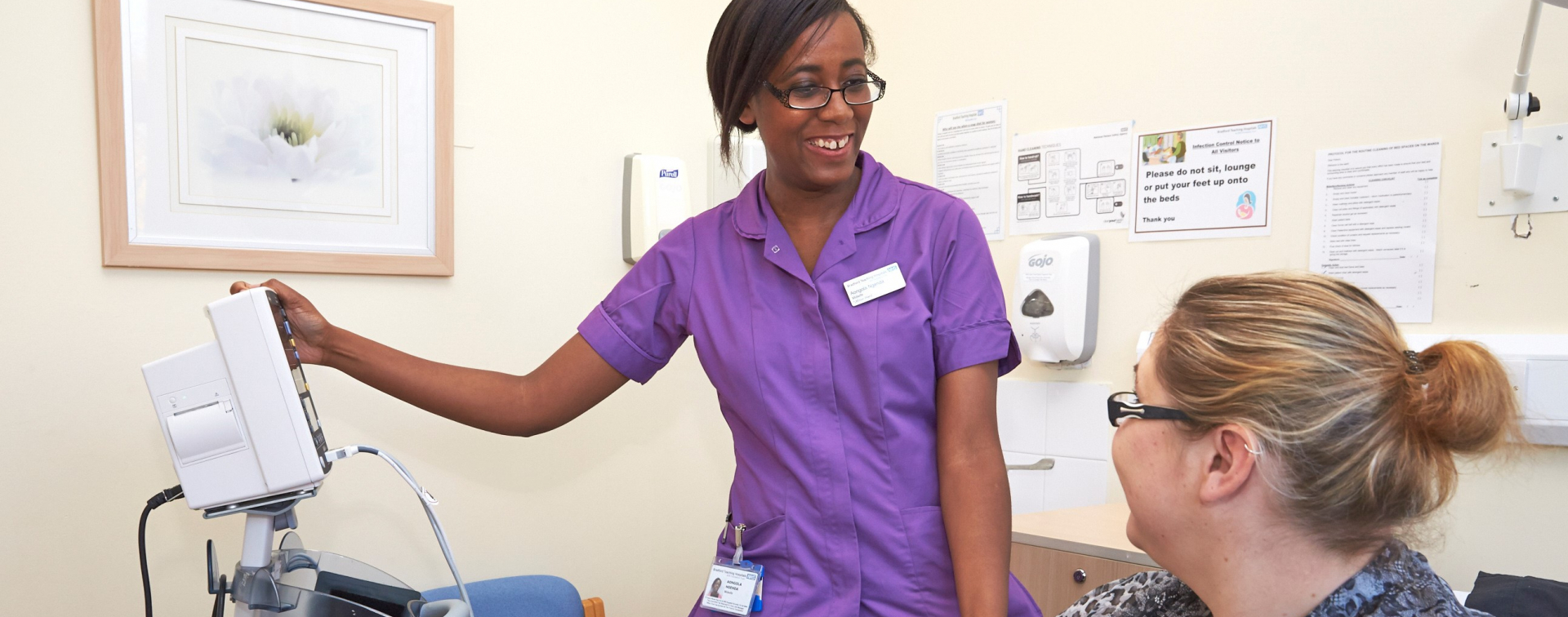
Be at the very start of a family's journey
Preparing women for the delivery of new life puts midwives at the very heart of every stage of pregnancy, labour and the early postnatal period.
You'll be privileged
Midwives often describe their job as 'privileged'. Helping to bring new life into the world is a great responsibilty and one that needs care and compassion.
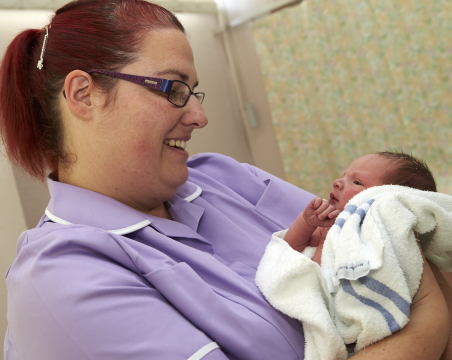
You'll be highly trained
Training to become a midwife is a mix of academic study and practical, hands-on experience. It’s a dynamic way of learning that will leave you feeling ready for anything. And because our training is recognised as some of the best in the world, there really is no limit to where it could take you.
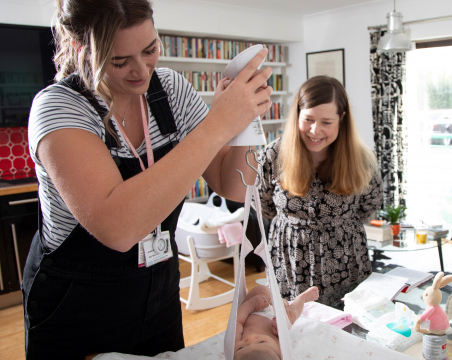
You'll be rewarded
There’s more than one reason why midwifery’s so rewarding. Not only will you enjoy a competitive salary, you’ll also get a generous pension and exclusive health service discounts too. And to help you enjoy a healthy work/life balance, you’ll work a flexible 37.5 hour week with 27 days holidays a year plus public holidays.
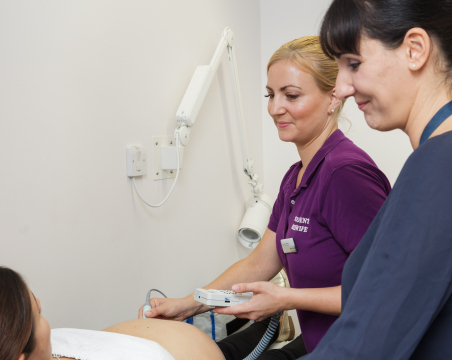
You'll make progress
You’ll have countless opportunities to progress. You’ll enjoy continuous professional development, helping you to develop your skills, gain new ones, and progress to roles at a higher pay grade.
And with annual reviews and the support of our team, you’ll have career potential that matches your ambitions – whether that’s a move into research, teaching, management or a more specialist role.
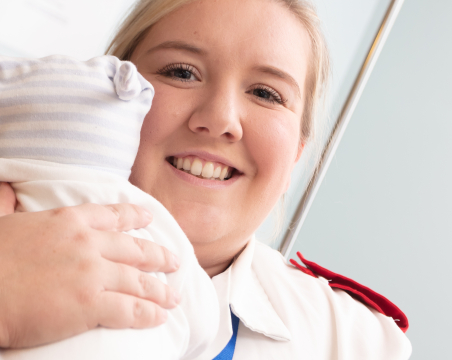
Get started in midwifery
Get advice on starting your midwifery career straight to your inbox including getting experience and making applications.
Real-life stories
Hear from our passionate team and find out what being part of the maternity team is really like.
Explore the roles in maternity
There are lots of roles that work in the maternity team. Find your role with us.